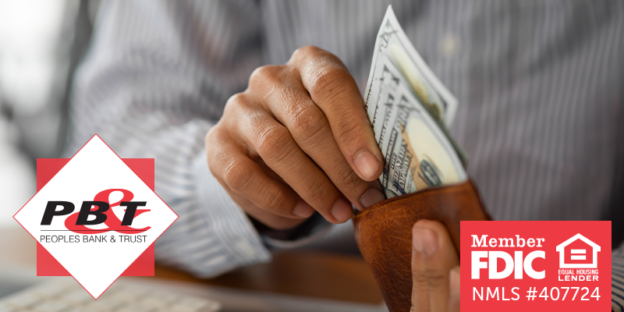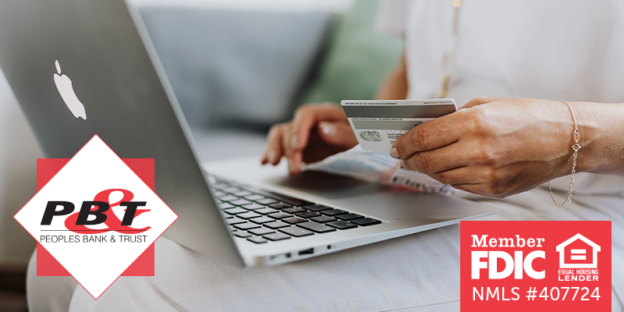Our main goal is to provide you tips to help you achieve financial success. Finding ways to save more and cut costs can be difficult when many things feel essential. Peoples Bank & Trust is here to offer our advice on certain things you can cut to save money!
Limit Subscriptions
If you have Hulu, Netflix, HBO and Amazon Prime – you probably don’t need all of them and aren’t utilizing them enough to make it worth the money. All the monthly fees add up so look at your subscriptions and see which ones you can cut. If you’re being mailed vitamins monthly, for example, go to the store and find the same vitamins. You’ll save money in shipping and get 2-4x the number of vitamins for the price of what you were paying for the subscription.
Review Your Bills
Are you paying for a router or phone line within your internet bill that you weren’t aware of? That could be costing you $50+ a month if you don’t catch little additions like that. Be sure to look at each of your bills to make sure you understand the costs and weed out any unnecessary add-ons.
Switch Providers
If your internet or cell phone bills are too high, shop around for rates to see if you can save yourself an extra $50 or $100 a month. It’s important to look out for you so that you are finding the best services for the best price.
Reduce Utility Use
Electricity costs account for about 12% of the average household budget. Does the air conditioning need to be running or can you open windows to get enough of a cool breeze? Hang laundry outside to dry instead of using the dryer, turn down the thermostat so it’s not heating or cooling too much, switch to energy-efficient lightbulbs, lower your water heater temperature and so on.
Don’t Eat Out
This means you will bring your own lunch to work and try not to buy coffee – make it instead. Costs can add up quite a bit in just one month without you realizing it! Do the math in your head of what making a meal at home costs vs buying something like that in a restaurant to encourage less eating out.
Look At Insurance
There are so many options when it comes to insurance. Be sure you are getting the best price. If you are married, try to bundle your home, auto and life insurance – this normally can get you a deal!
We hope you take a look at this list and choose to cut most of these items out or change them, so you are getting a better deal. Store that new savings in a savings account with us so we can keep your funds safe but accessible.
Peoples Bank & Trust Co.
Member FDIC
Equal Housing Lender





